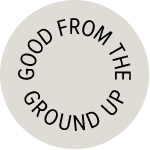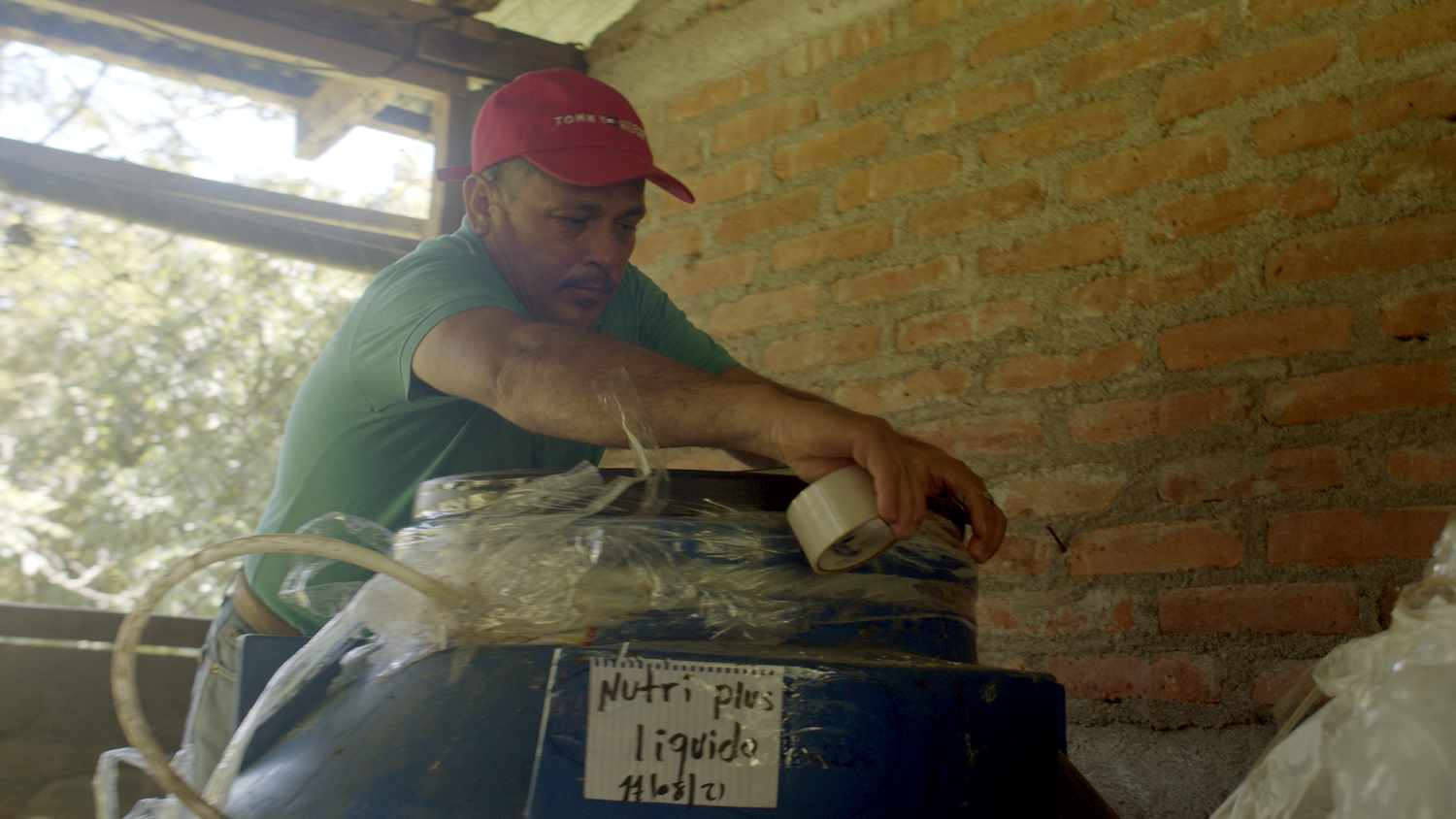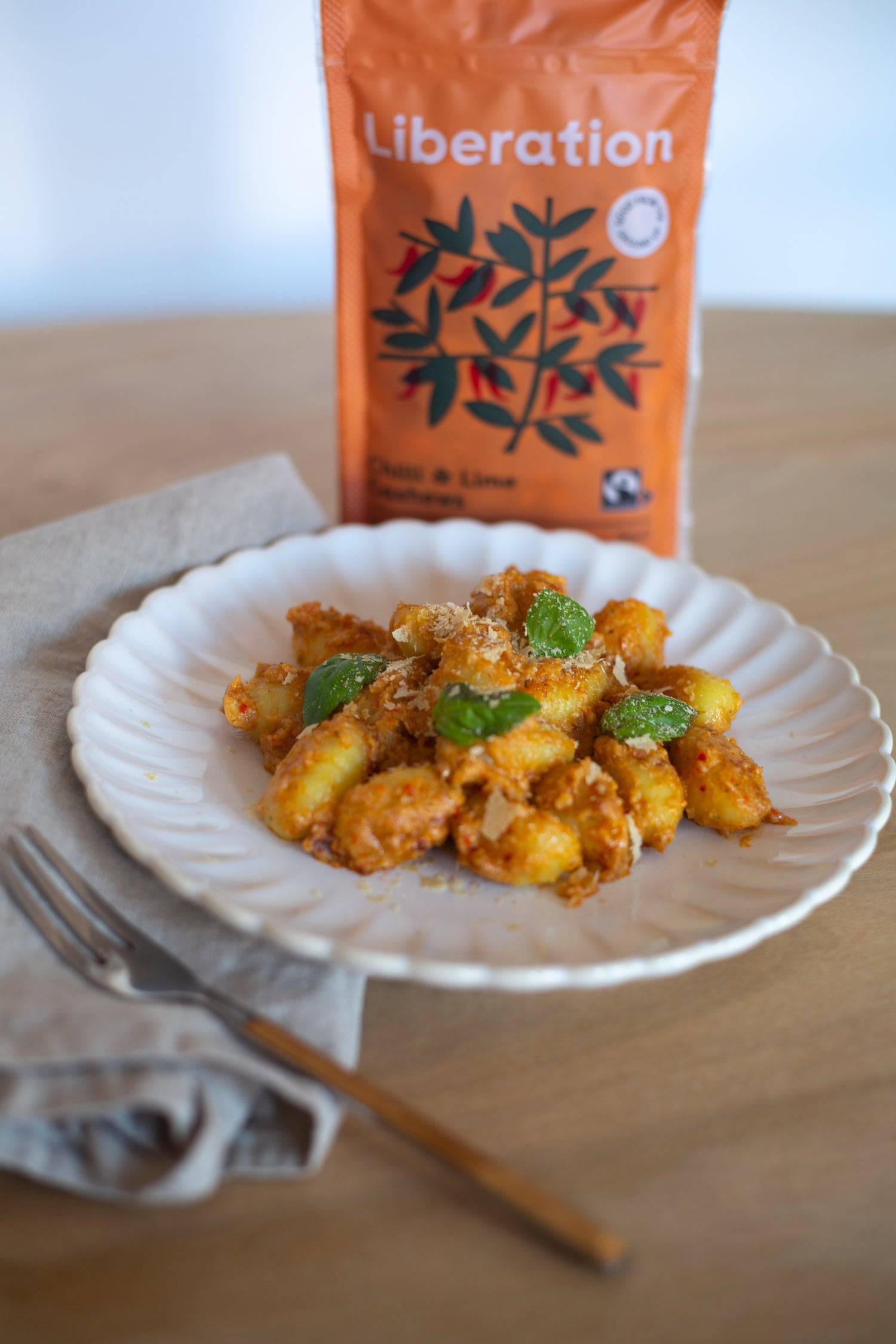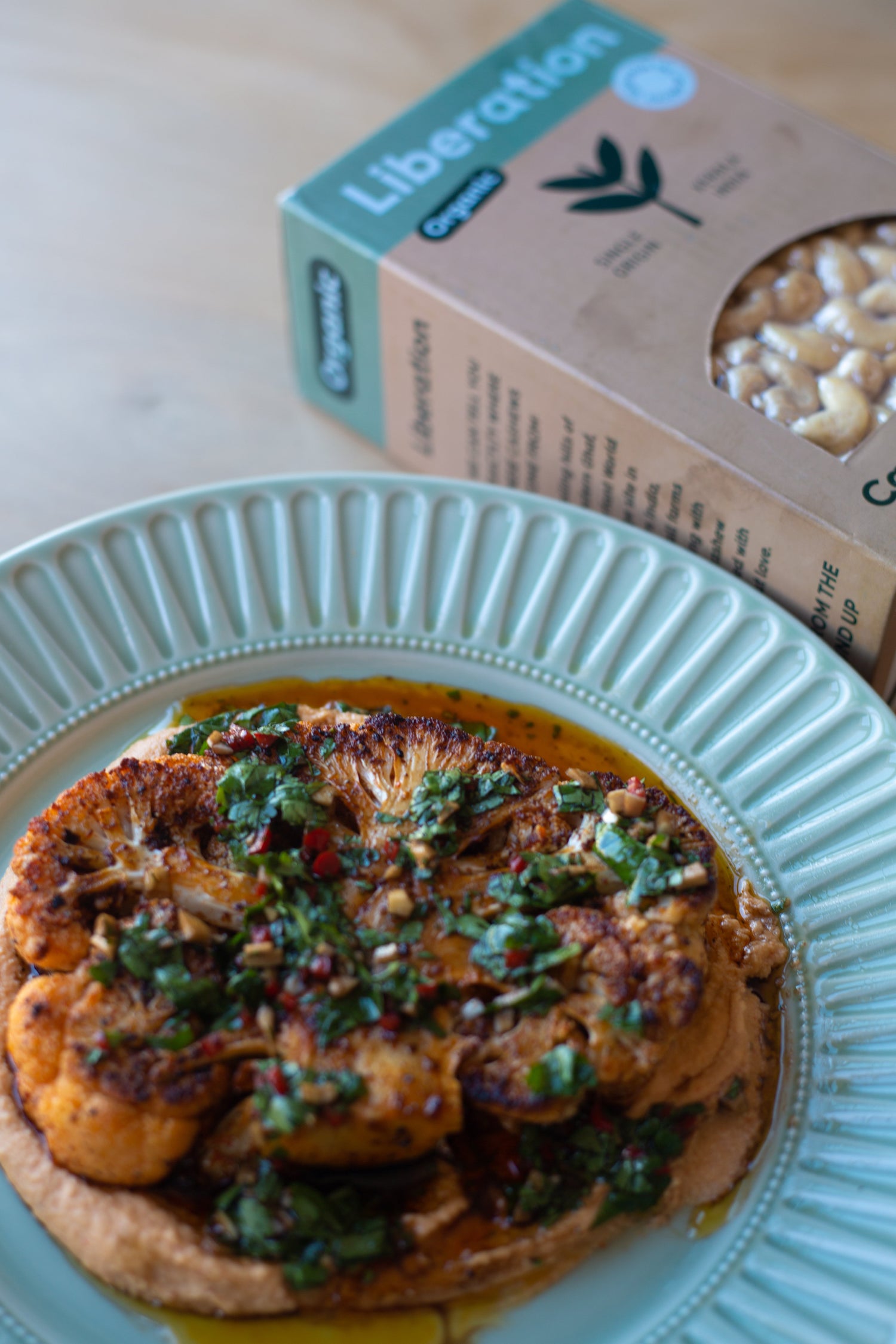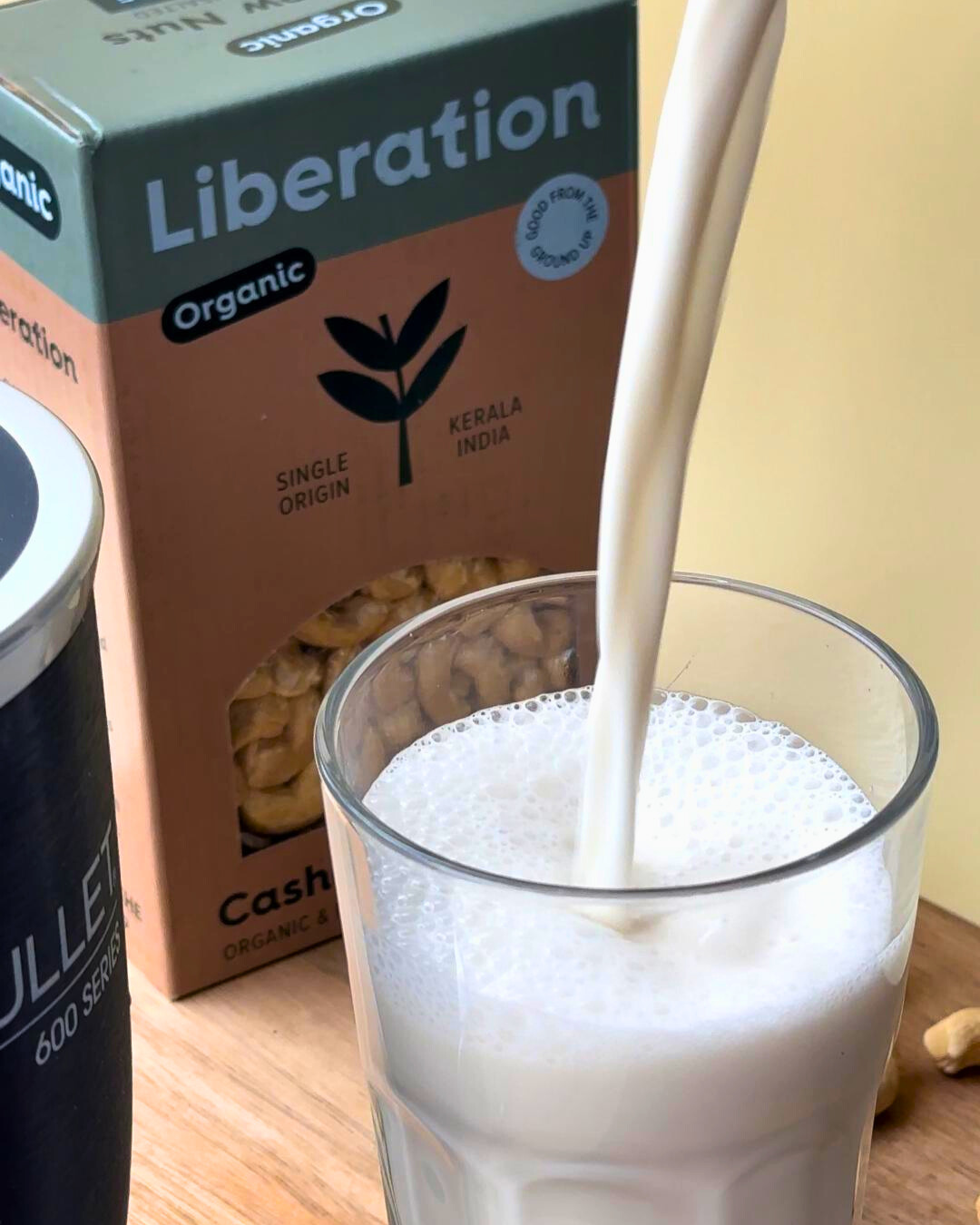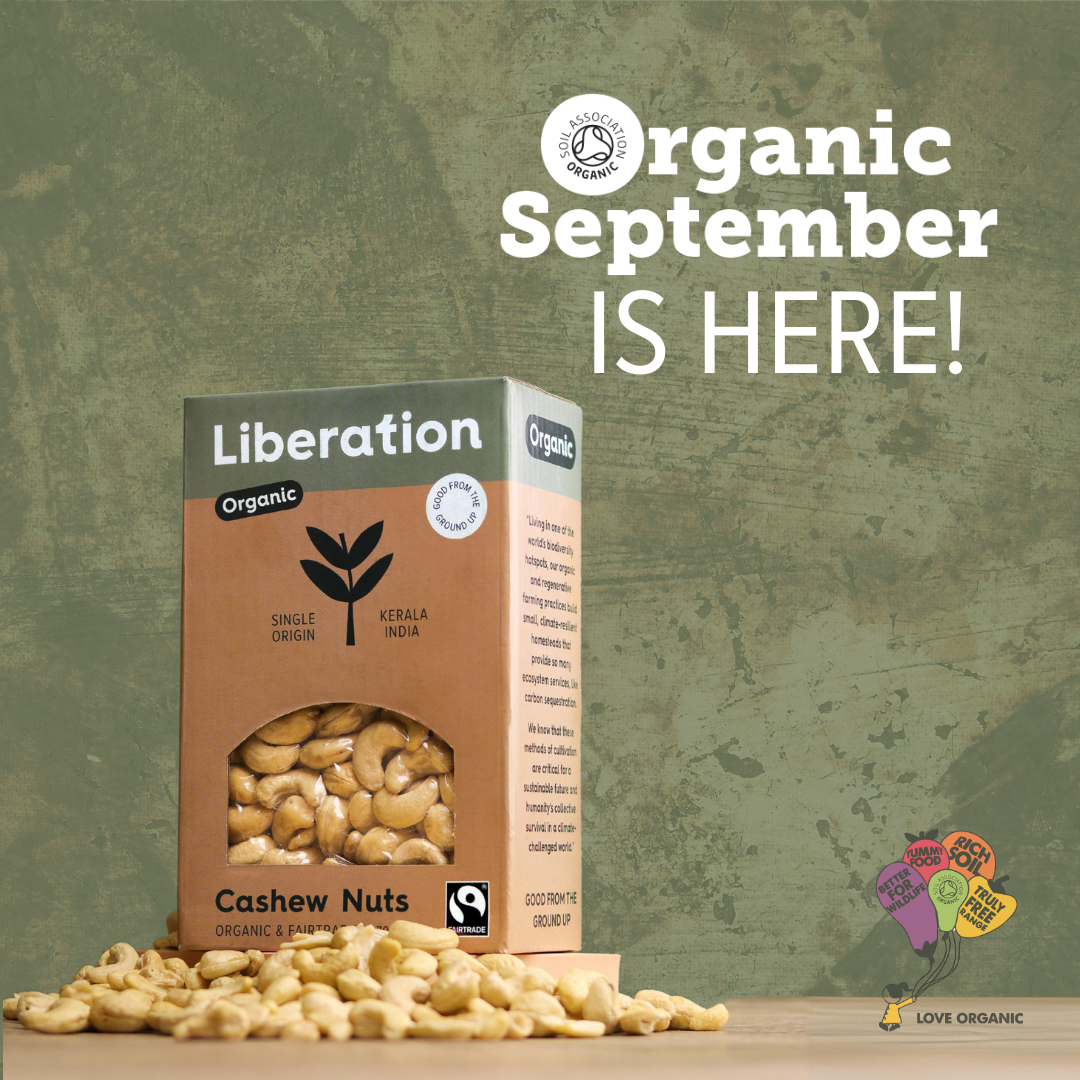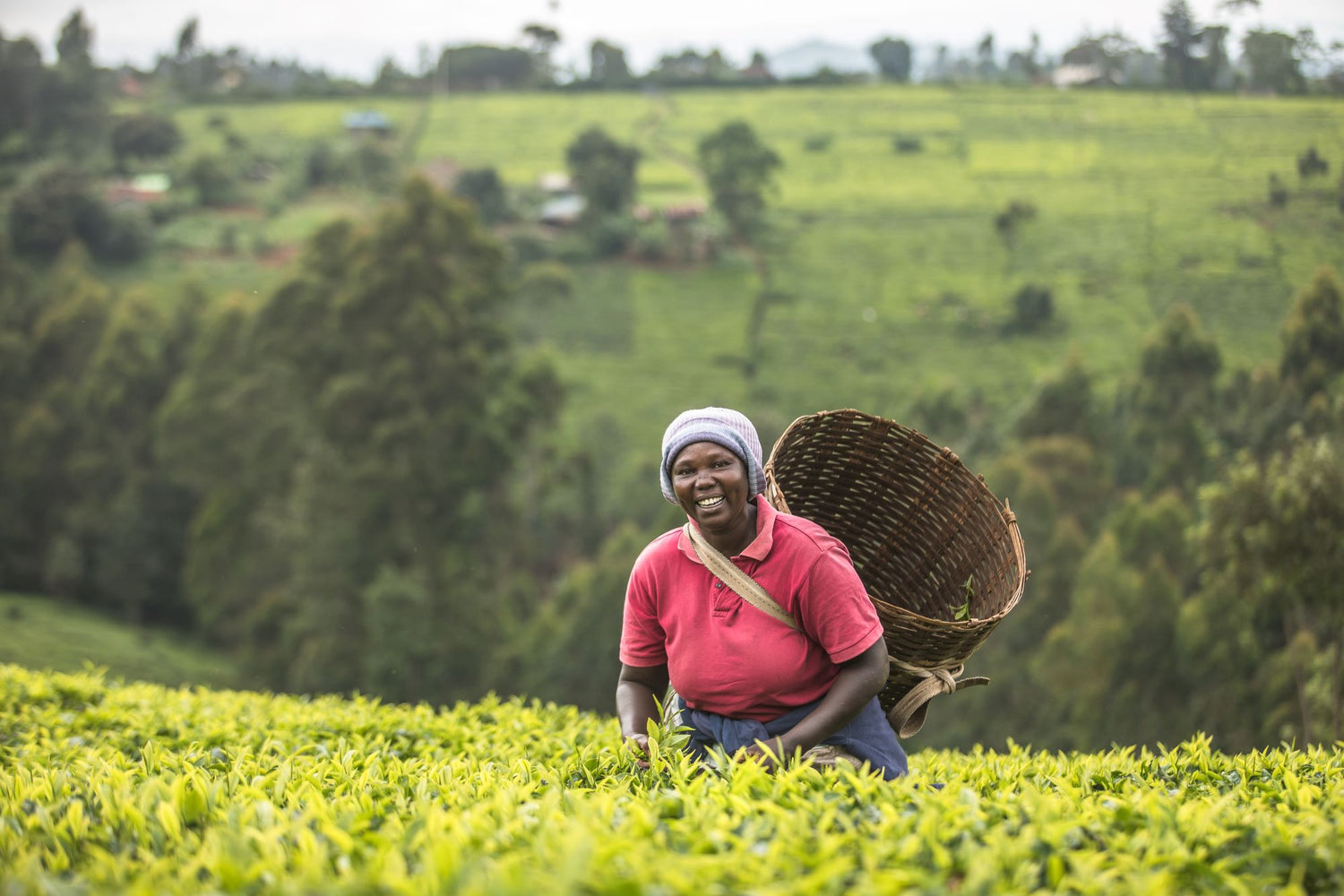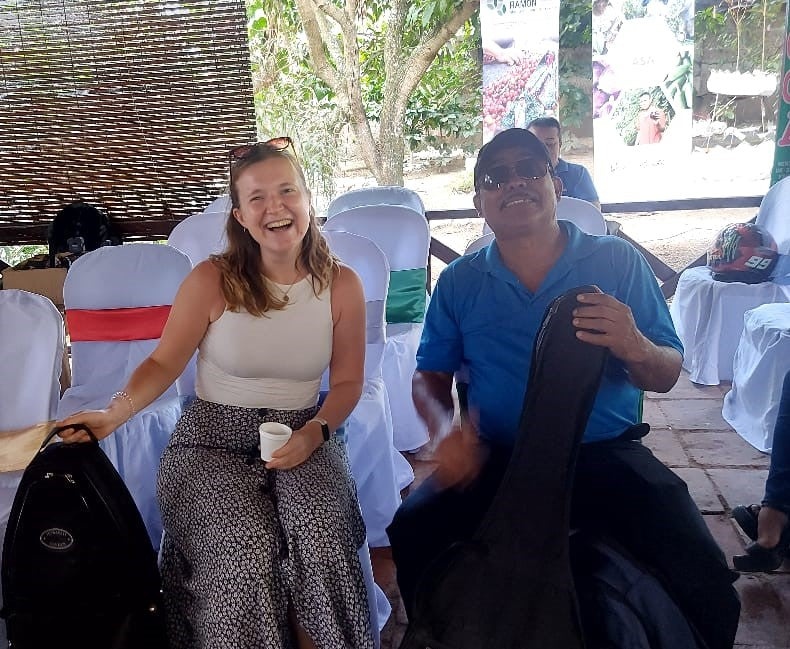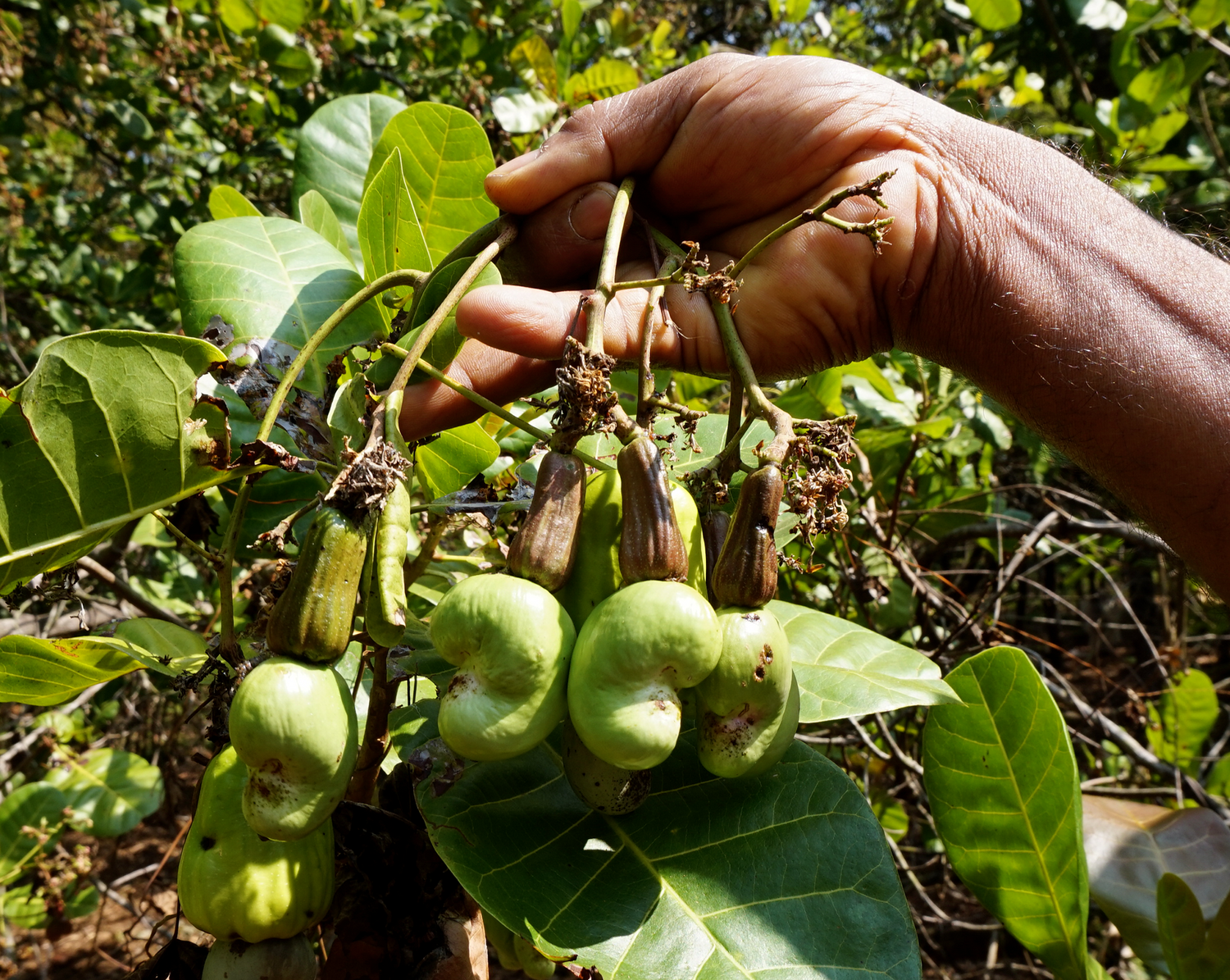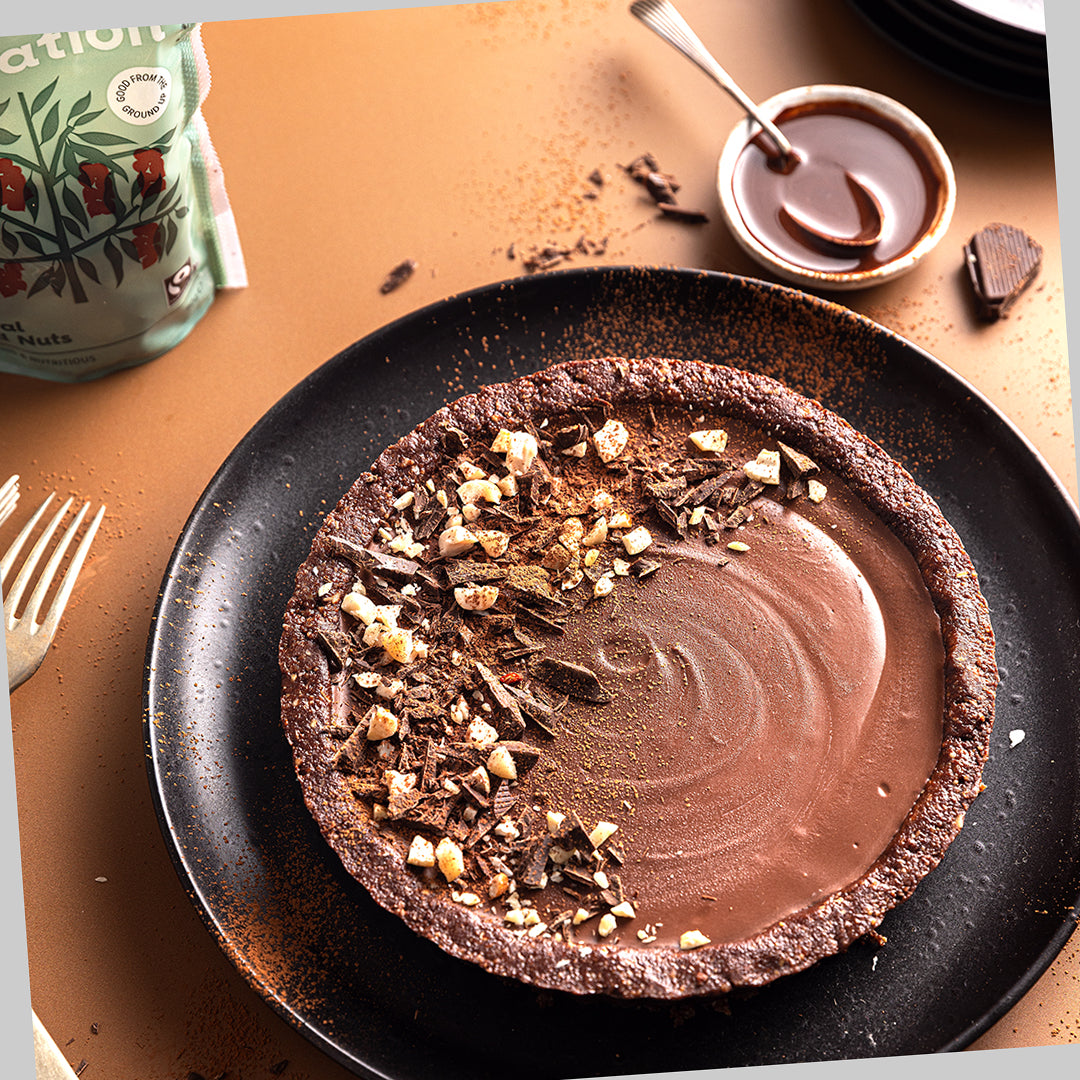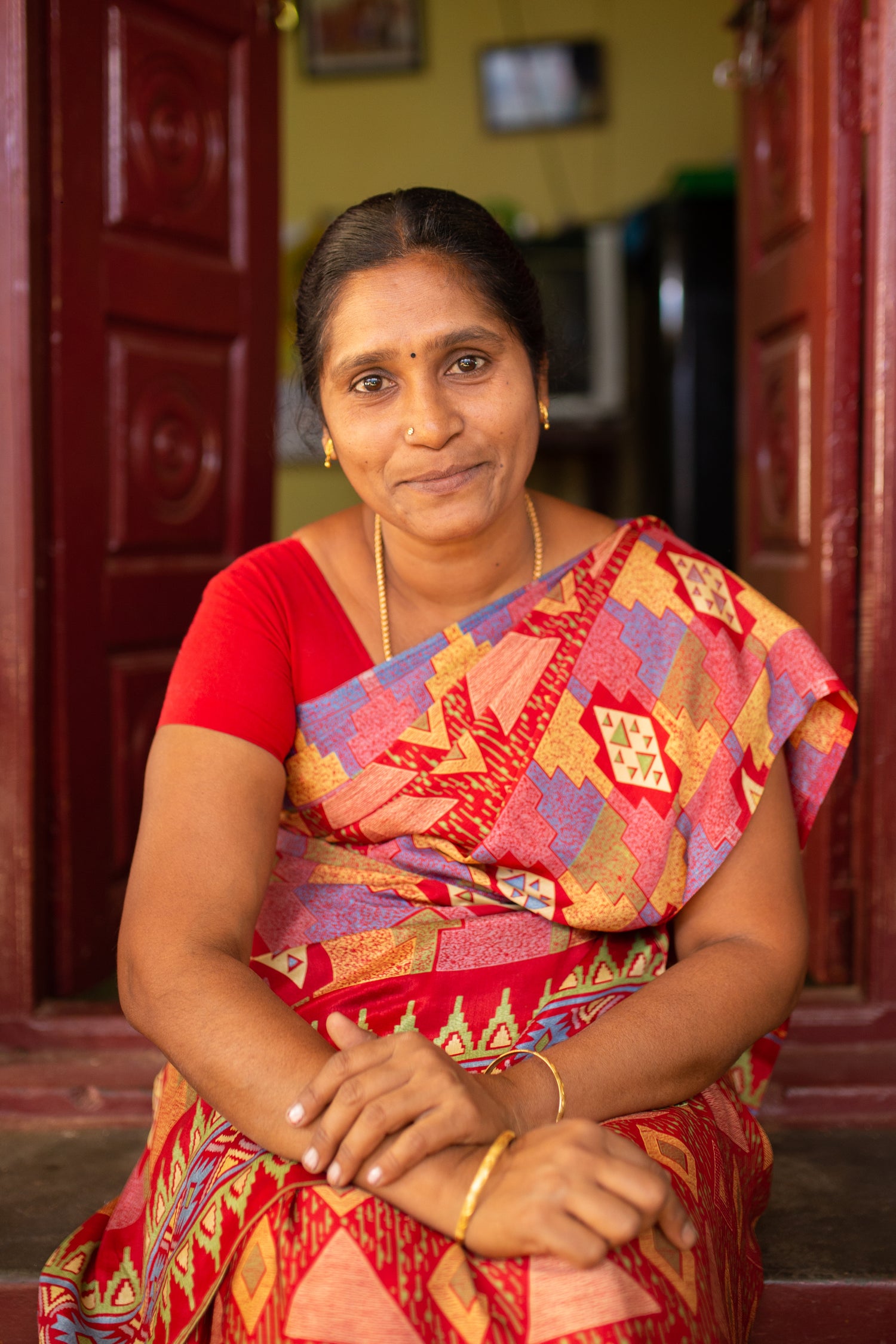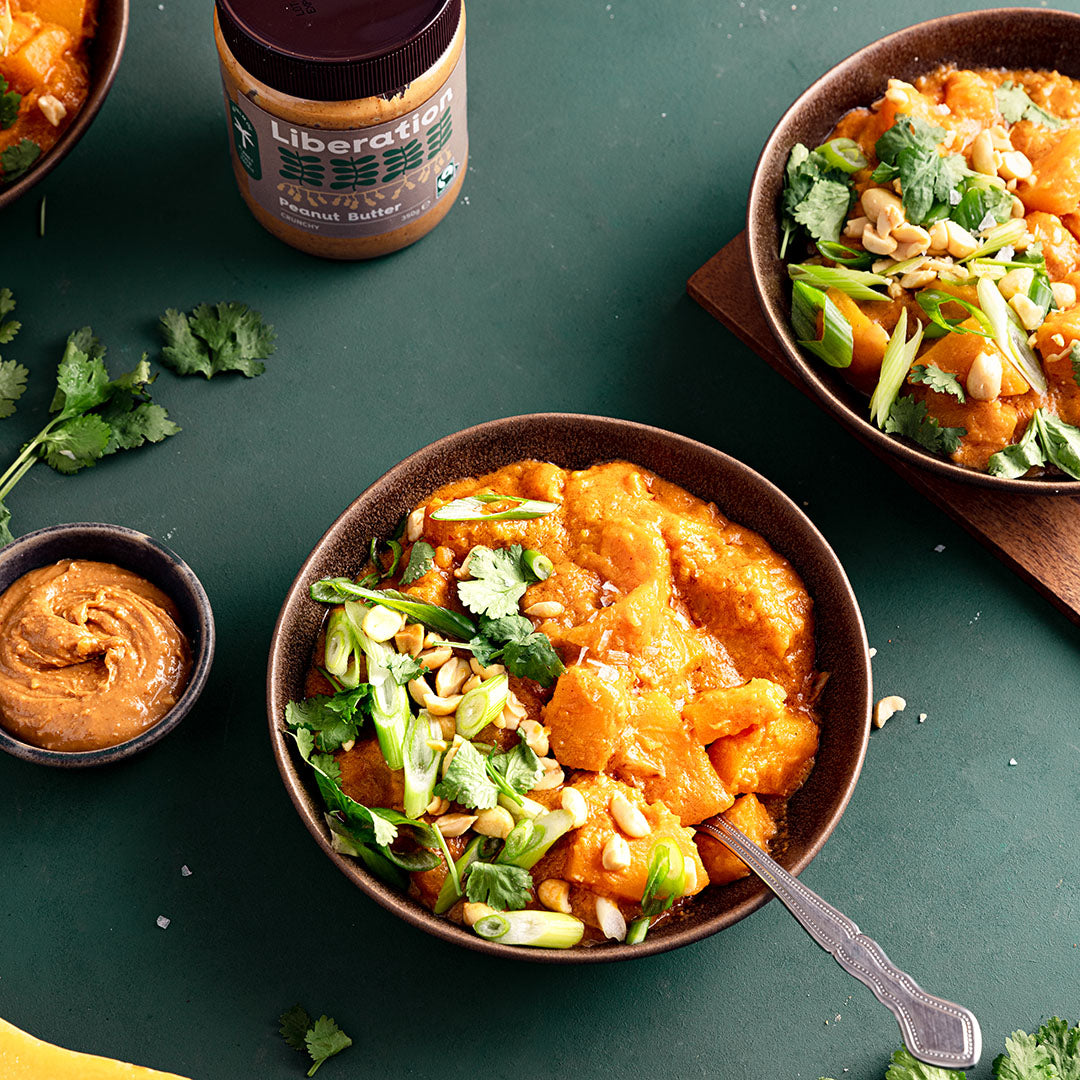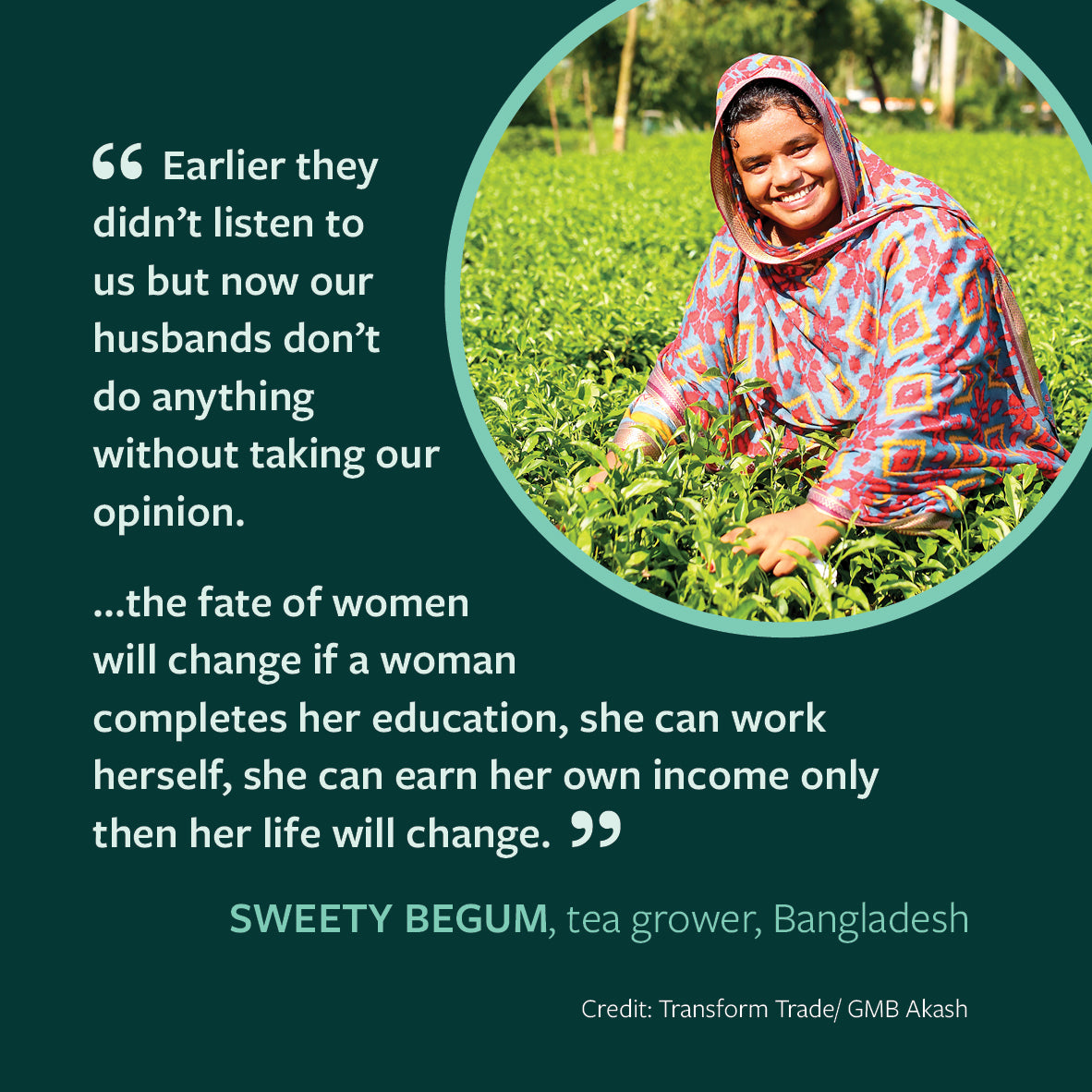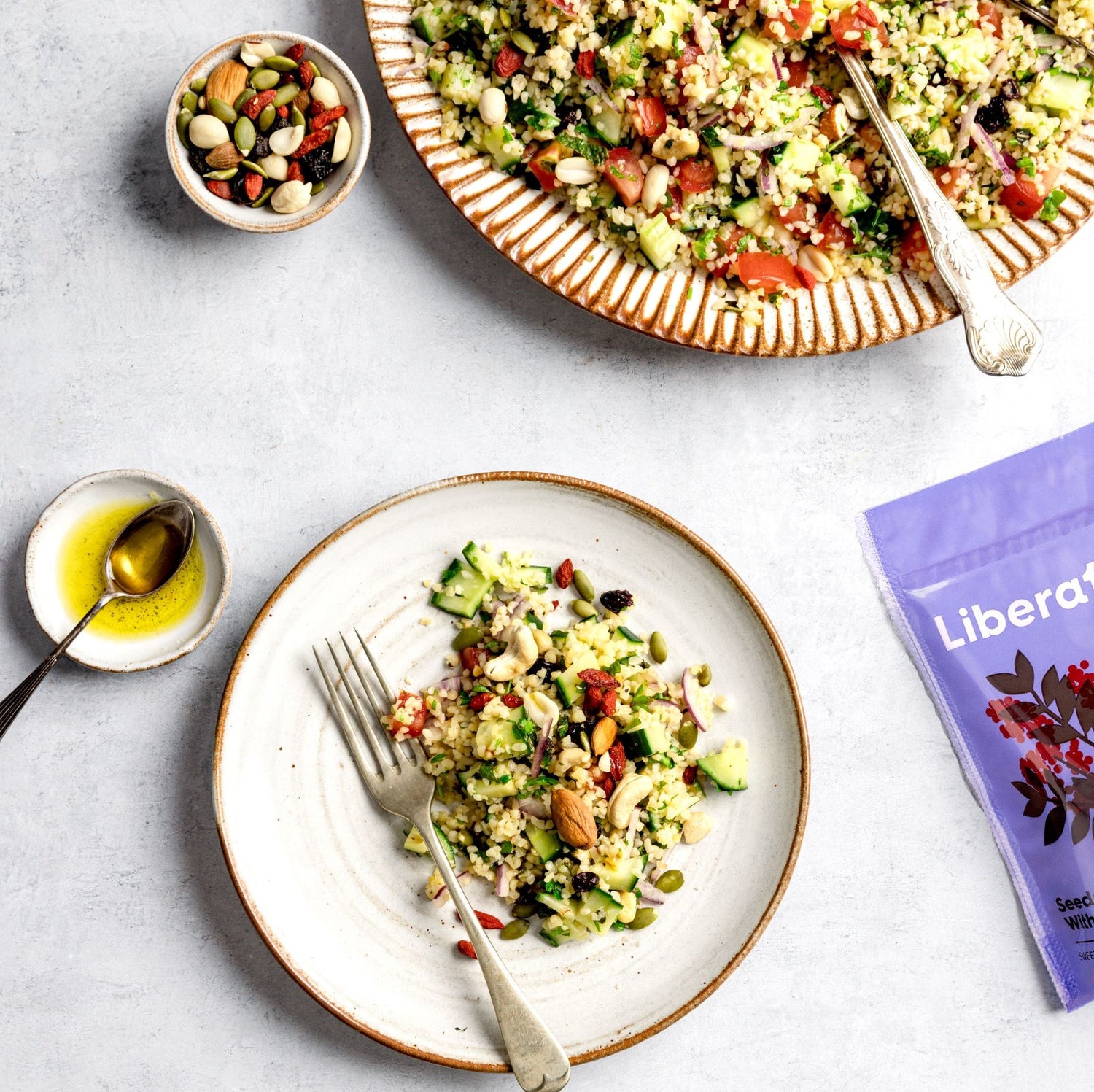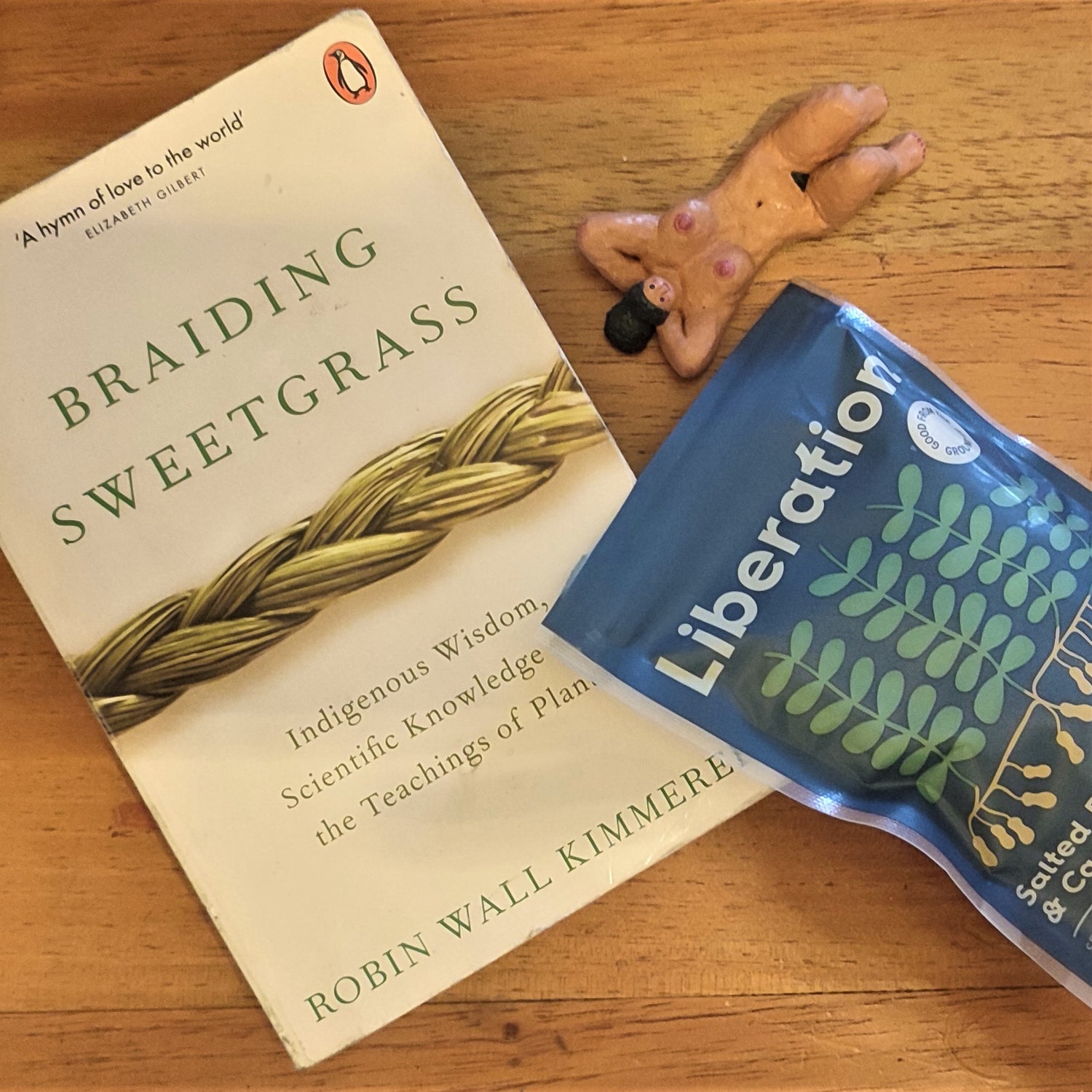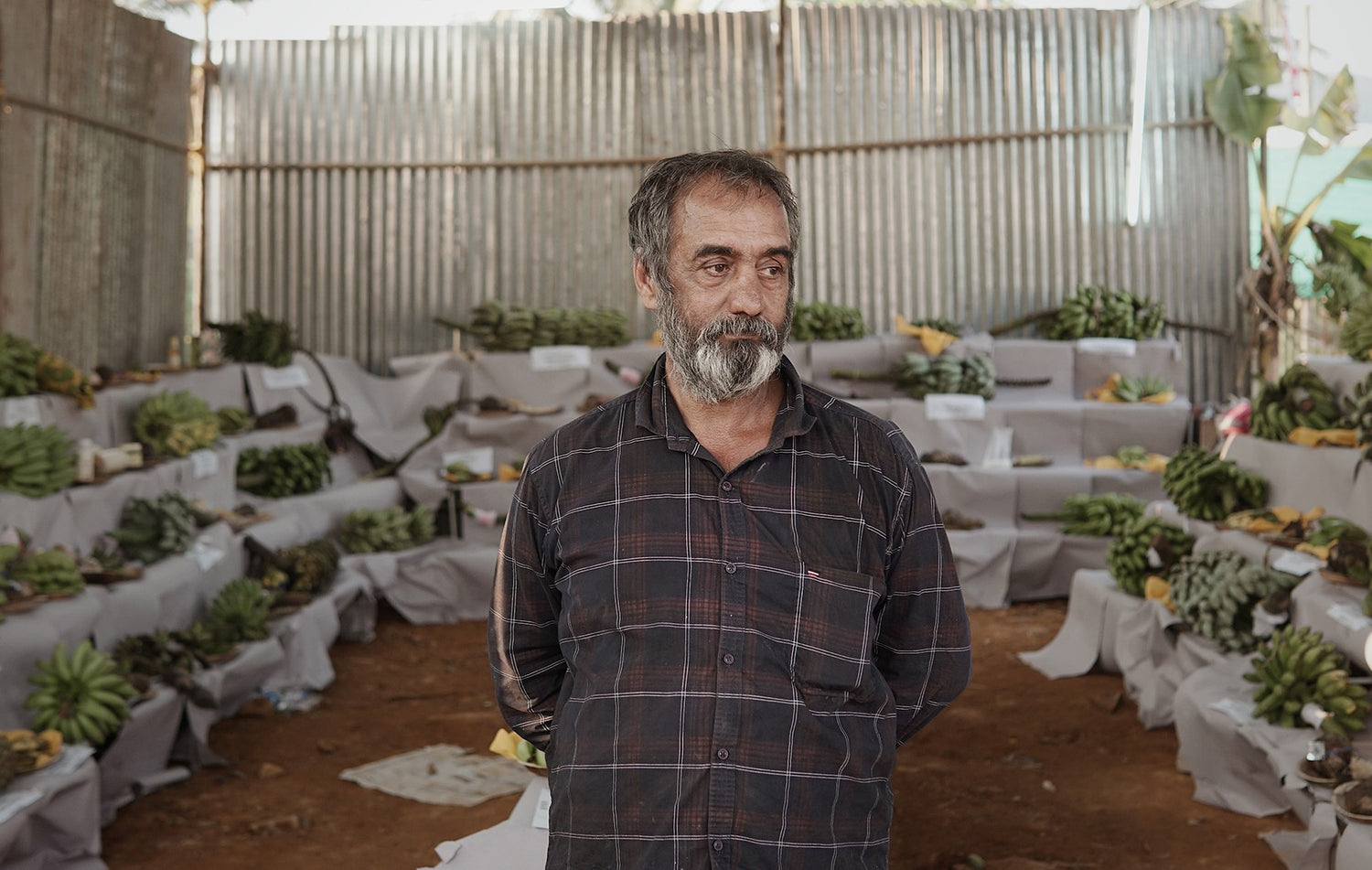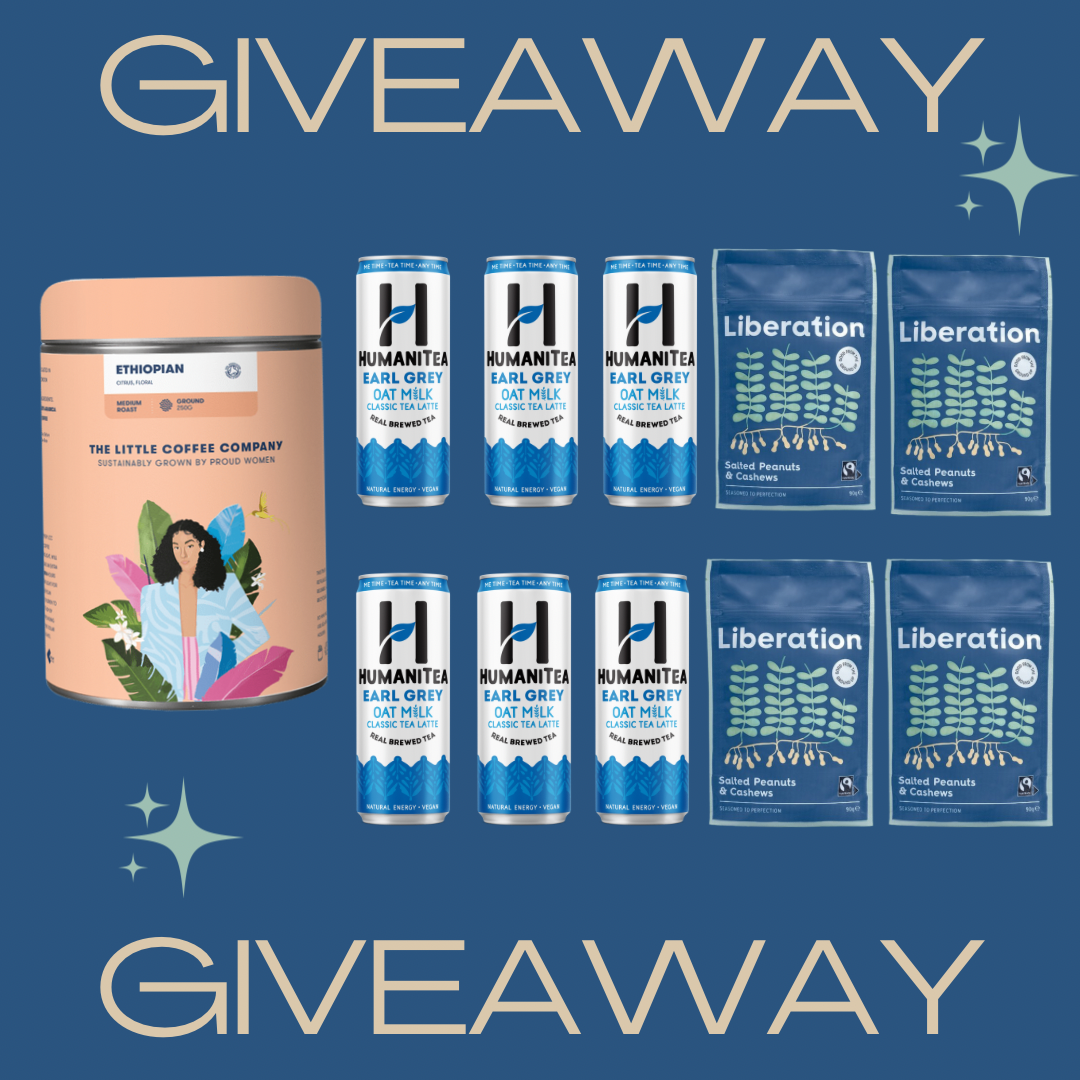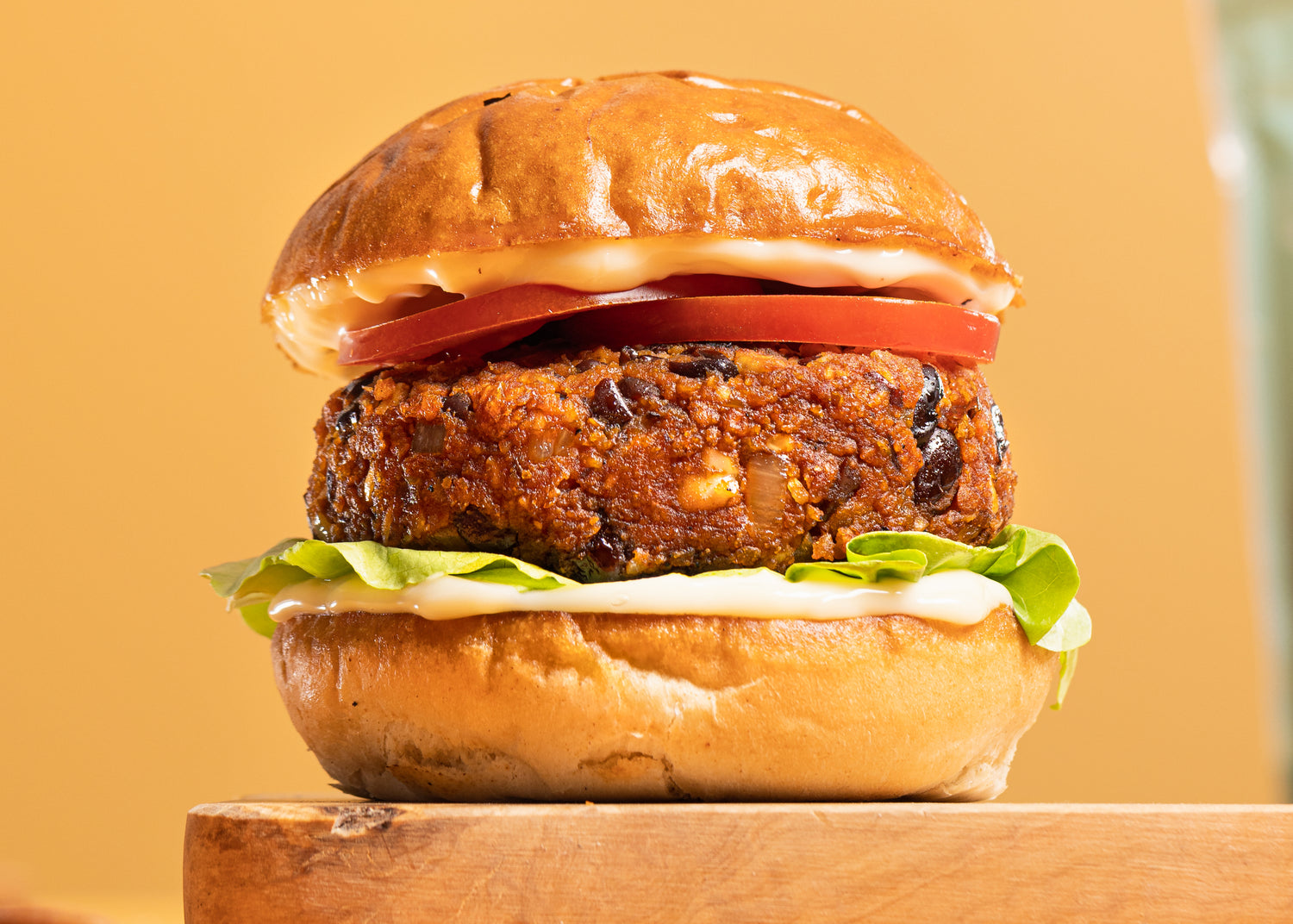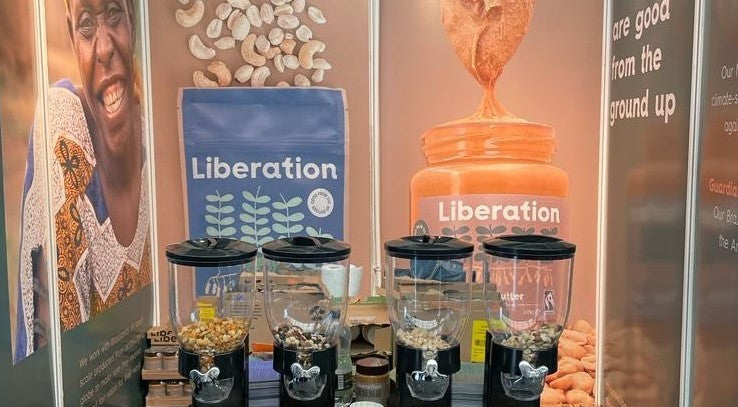Smallholder farmers around the world support over 500 million households with their crops. It is widely acknowledged that these producers have far more of a connection with the land they work on than their giant competitors.
More often than not the land is their home. They wake up and see the birds, they go to sleep and hear insects, they feel the change in weather patterns and notice altering crop behaviours. They truly care about land preservation.
Organic and traditional farming methods are common practice for smallholder farmers, and are great examples of how to do food production in the most sustainable way possible.
One of our closest partners, Del Campo cooperative in Nicaragua, are investing a great deal of time and energy into developing their own range of home-brewed organic fertilisers and pesticides. Made from ingredients you probably have in your own kitchen cupboard, NUTRI PLUS is a hot topic throughout the cooperative, and the crops seem to be loving it too!
Reconnecting with nature
Del Campo is a network of 280 small producers and their families, many of whom are based in Achuapa, a small town in the North West of the country. Whilst not all farms are currently organic there is an increasing move to return back to natural farming methods in the area. A number of the coop members are dedicated to producing this line of chemical-free products, encouraging people to stop buying quick-fix agro-chemicals from the large overseas companies and to develop their own skills and knowledge around eco-farming.
Brigido Soza Chavarria, President of the coop, explained:
“I´m 56 years old and during the first years when I worked with my father and my brothers we did not use chemicals... we are very conscious of the destruction that chemicals cause to the environment and to people's health.”
Over the past few years, the development of this own-range 100% natural, totally organic fertilisers and pesticides has been in the making.
The evolution of NUTRI PLUS
It began with support from a Cuban specialist who spent several months training and advising a few coop members, who themselves now speak with authority and passion about organic fertilisers and pesticides. They now know how to make fertilisers for a particular crop or pesticides for a specific insect from ingredients including molasses, sea water, yeast and plant leaves.
Ignacio Moreno Pichardo, one of the lead producers, explained the process, starting with finding specific types of fungi that grow under fallen leaves to begin the concoction. Their incremental growth in products has not only seen the coop farm flourish (and it really is flourishing!) but has also enabled them to start selling the products at a heavily reduced cost to other associates.
“We, as a cooperative, earn almost nothing with the sale of the products but what we earn the most is the health of the people and the environment. That is the most important gain, no matter the economy or the money.”
It is clear that this is not a money-making business but an opportunity to share knowledge and understanding and remind people of the techniques earlier generations applied to their land.
Sharing the knowledge
So, the next step is to start training other producers.
Now experienced enough, Ignacio has started to travel to other towns to teach and support his associates how to brew their very own organic fertilisers and pesticides.
His most recent trip took him to a farm on the outskirts of Leon. Three farmers avidly listened to the process as Ignacio mixed molasses with yeast and various other ingredients to create a fertiliser to be applied to the current peanut crop. The farmers repeated the instructions out loud until they knew them by heart.
After a few hours, Ignacio left the simple kit of bottles, tubes and tape with them and will return in a few weeks to check on their progress and offer another workshop on a pesticide to prevent a type of worm that has a penchant for peanuts. However, it was stated very clearly that the home-brew will not kill the worm but just give the plant a bitter taste.
As Ignacio emphasised to them:
“With agro-chemicals it is always suggested that the more insects it kills the better, but if a product that is ´agro-ecological´ kills anything, it isn´t eco. What we are looking for is to make a product that gives a bad taste to the leaf. It´s the same as when somebody puts something bitter on a tortilla - you´re not going to eat it - well it´s the same for the bug, it will just go elsewhere....it´s in agreement with nature, it´s not breaking the equilibrium. We all have the right to live and we all have a function.”
What next for NUTRI PLUS?
More and more farmers are beginning to understand the importance in returning to organic farming, the benefits it has for the land, the crops and the people and animals that eat them.
Brigido spoke with pride about an increasing consciousness within his community:
“We have some producers who say “Look, in the end I don't care that the crop costs the same as the other because I know what I am consuming, all the (organic) harvest is good for my family and I have added value because they don´t get sick anymore because they eat healthy and wholesome.” When someone reaches this level of consciousness we are already succeeding.”
Whilst NUTRI PLUS is currently a small movement within the farming world, the team have big plans. The organic fertilisers are not exclusively for the 280 Del Campo producers but for anybody with an inkling of interest.
And the vision: “to get thousands of producers to produce organically and to be able to sell in the market, not just in Nicaragua. This would be the idea.”
Perhaps one day it will even make it to the British gardening market...and everyone should buy it!
